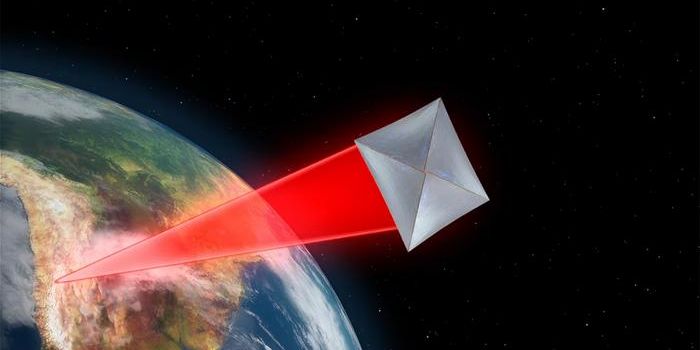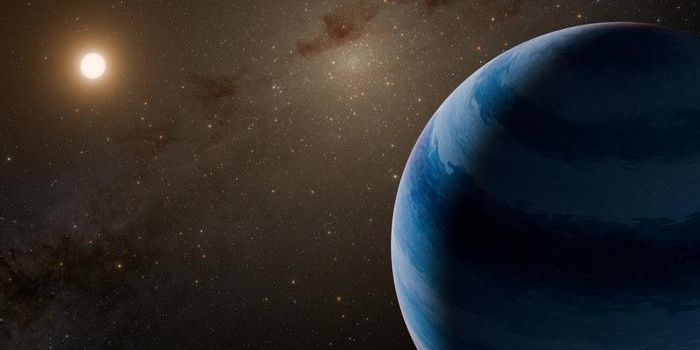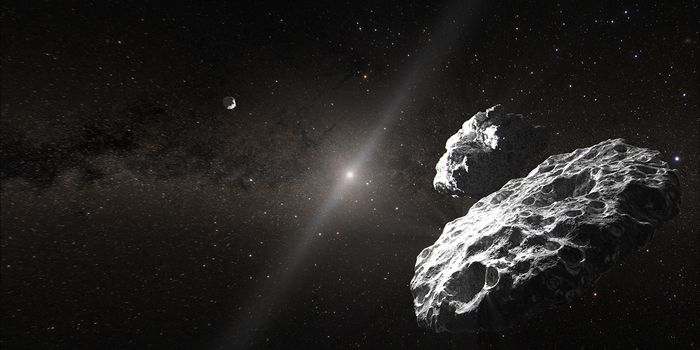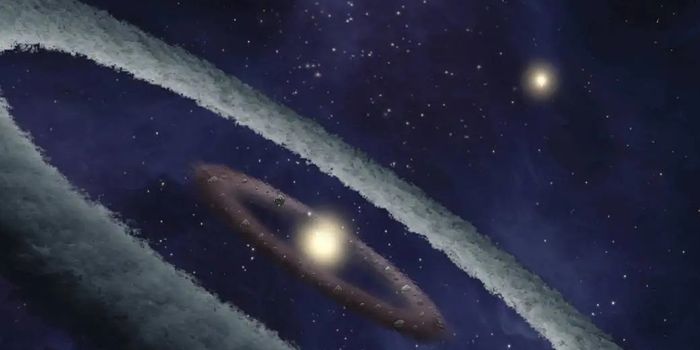Long-Term International Space Station Experiment Highlights Risks for Future Human Spaceflight
In a recent study published in Heliyon, an international team of researchers led by Osaka City University in Japan examined the long-term effects of space radiation on the embryonic stem cells of mice on the International Space Station (ISS). This study holds the potential to help us better understand the long-term effects of space radiation regarding future human spaceflight.
"Our study aims to address the shortcomings of previous ground-based experiments by performing a direct quantitative measurement of the biological effect of space radiation on the International Space Station and comparing this real biological effect with physical estimates in the ground-based experiments," said Dr. Takashi Morita, a professor at the Graduate School of Medicine, Osaka Metropolitan University, and a co-author on the study. "The findings contribute to reducing uncertainties in risk assessments of human space flights."
For the study, the researchers sent approximately 1,500 cryotubes of highly radiosensitized mice embryonic stem cells to the ISS, which comes after seven years of work prior to launch. The stem cells were subjected to over four years of space radiation while onboard the ISS, followed by five years of analysis.
"It was difficult to prepare the experiment and to interpret the results, but we successfully obtained quantitative results related to space radiation, meeting our original objective," said Dr. Morita.
The study’s findings helped verify ground-based studies of the biological effects of space radiation. The researchers hope to expand their study in the future.
"For future work, we are considering using human embryonic stem cells rather than mouse embryonic stem cells given that the human cells are much better suited for human risk assessment, and it is easier to analyze chromosome aberrations," said Professor Morita. "Such experiments in deep space can further contribute to reducing uncertainties in risk assessments of prolonged human journeys and stays in space.”
Sources: Heliyon
As always, keep doing science & keep looking up!









